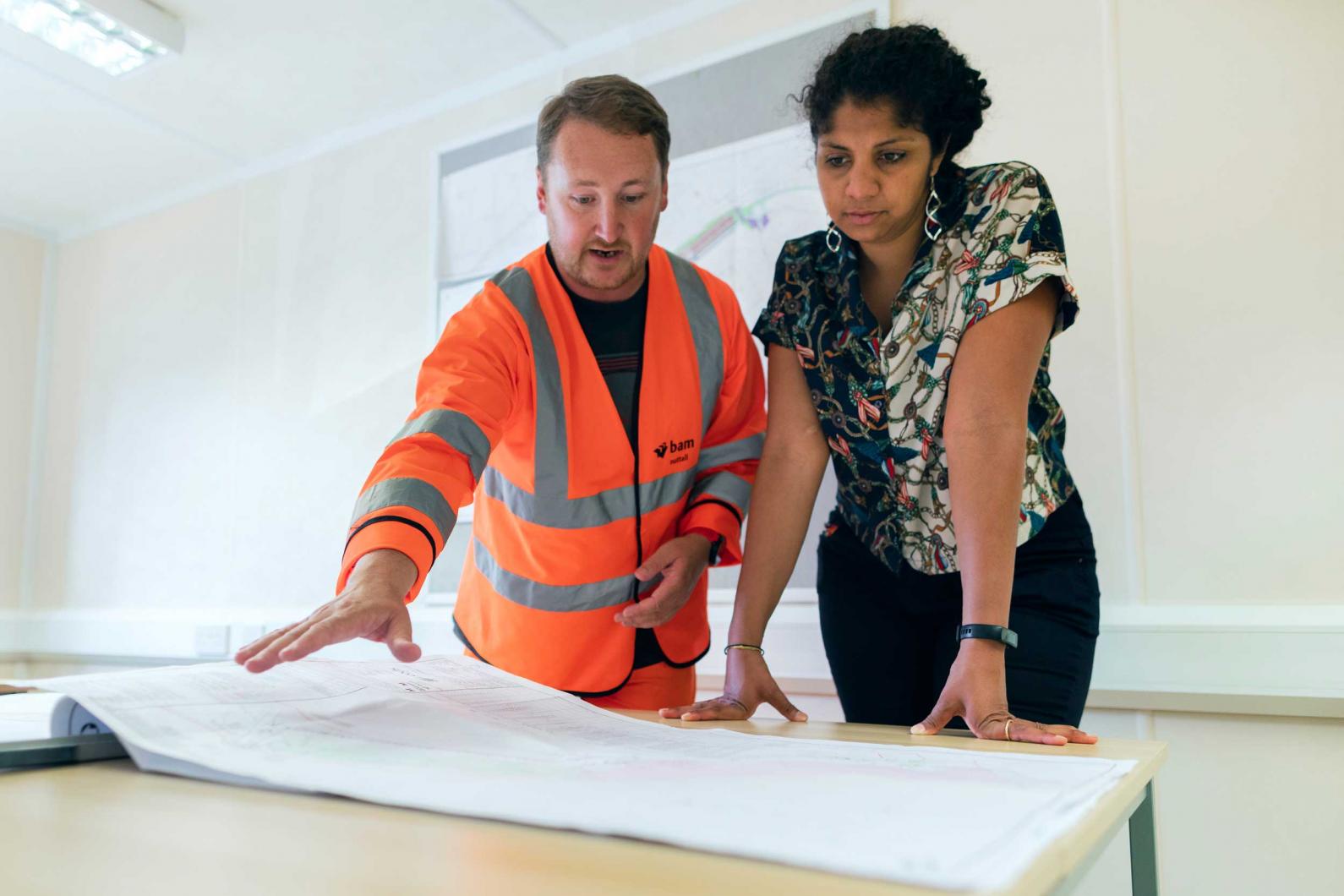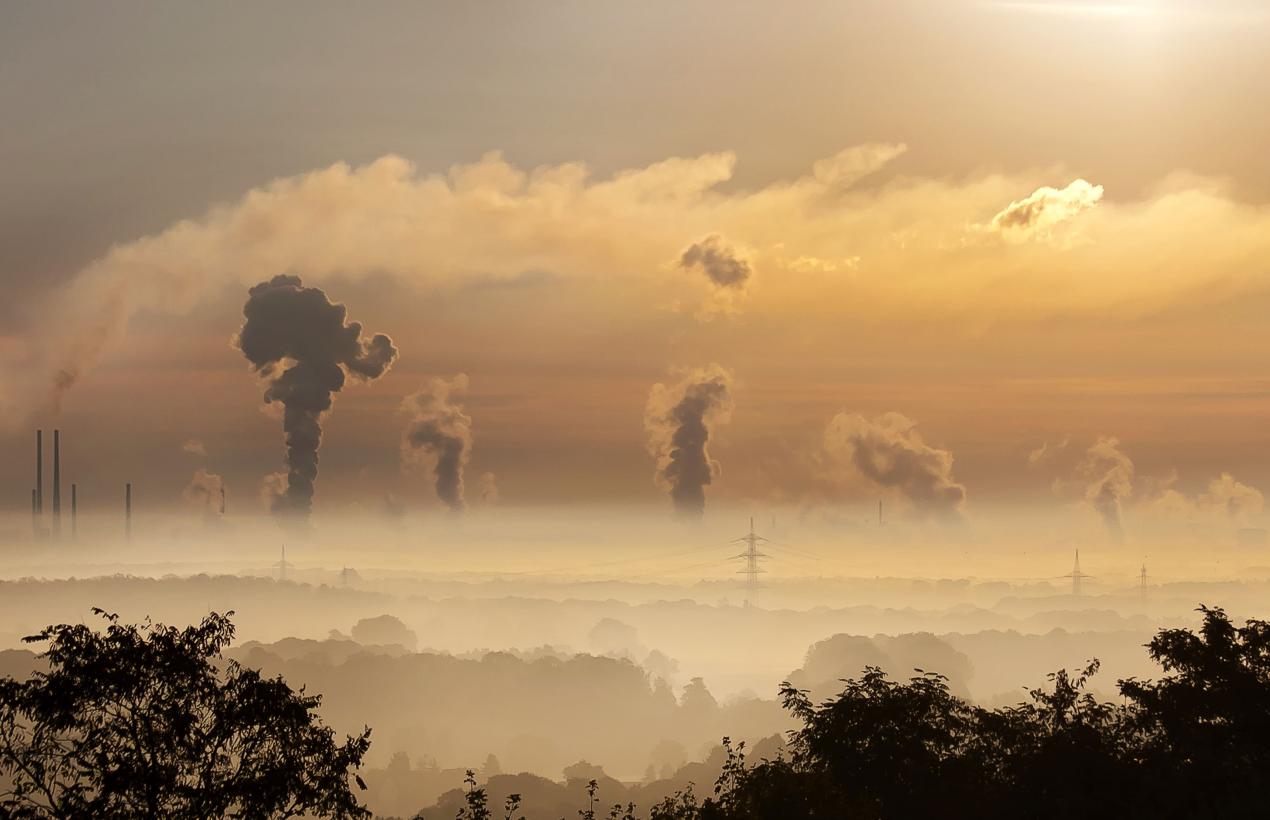
Promote Environmental Justice
Toxic exposures and climate change are threats to the health of families.
What We Know
Air pollution, toxins in water, chemicals in products used at home, natural disasters and high temperatures can negatively impact the health of moms and babies.
For example, pregnant people exposed to high temperatures and air pollution are more likely to give birth preterm or to underweight or stillborn babies, as well as suffer from eclampsia and preeclampsia.
Research shows that some communities are disproportionately exposed to environmental threats associated with higher rates of negative health outcomes before, during and after pregnancy.
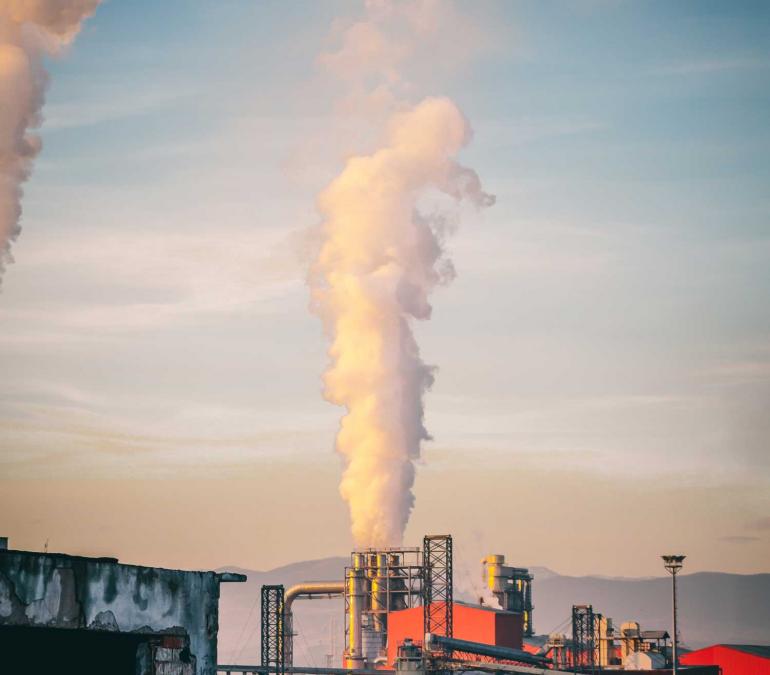
Exposure to environmental toxins and climate change threats is not equal
These threats inequitably affect communities of color when compared to their White counterparts both at home and in the workplace, which can lead to higher risks for poor maternal and infant health outcomes.
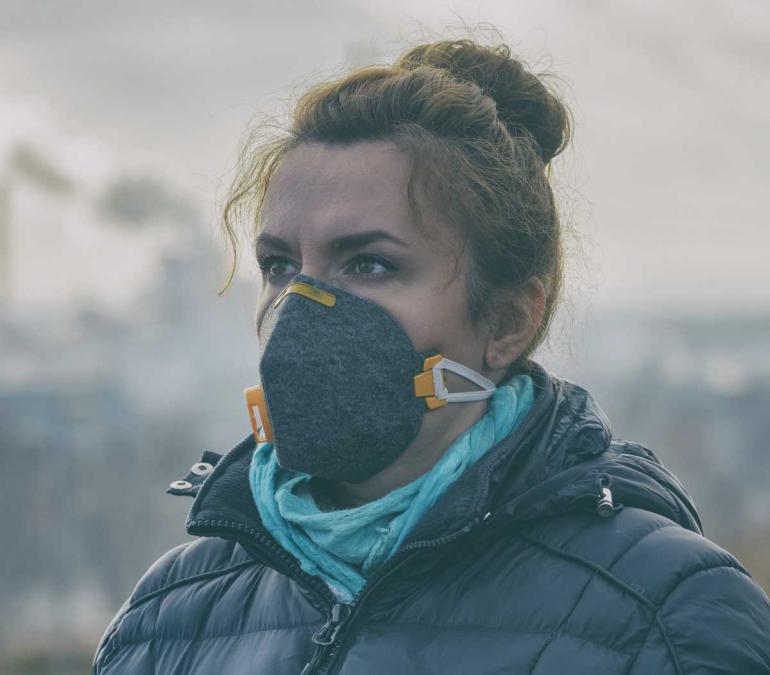

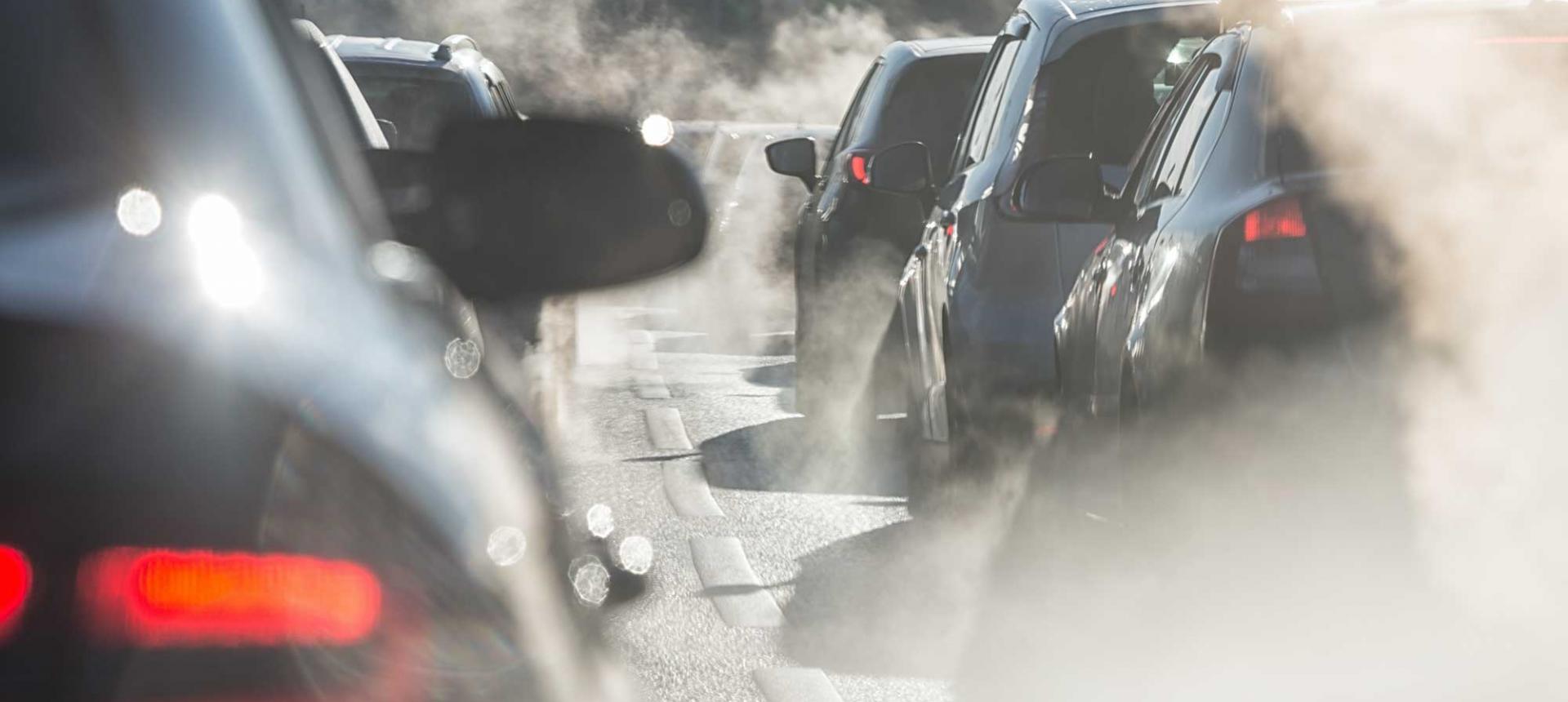
Risk of Heat
Pregnant individuals exposed to high temperatures or air pollution are more likely to give birth preterm or to underweight or stillborn babies.
– Center for Sustainable Systems, University of Michigan. 2020. "Environmental Justice Factsheet." Pub. No. CSS17-16.
News & Resources

September's National Preparedness Month emphasizes disaster readiness. Pregnant and postpartum individuals and infants need special consideration in emergency planning due to unique vulnerabilities. It's crucial for healthcare, public health, and social services coordination. Awareness campaigns and resources are essential, including support from organizations like Birthmark Doulas in Louisiana.

The Mom and Baby Action Network (M-BAN) is working with a national action-oriented coalition of cross-sector partners to address inequities in maternal and infant health, including environmental justice. M-BAN partnered with The Sierra Club, The Honest Co., and local moms to create awareness about the water emergency in Hawaii. Learn more about how Americans near the Red Hill leak do not have access to clean, safe water for consumption or household use.

